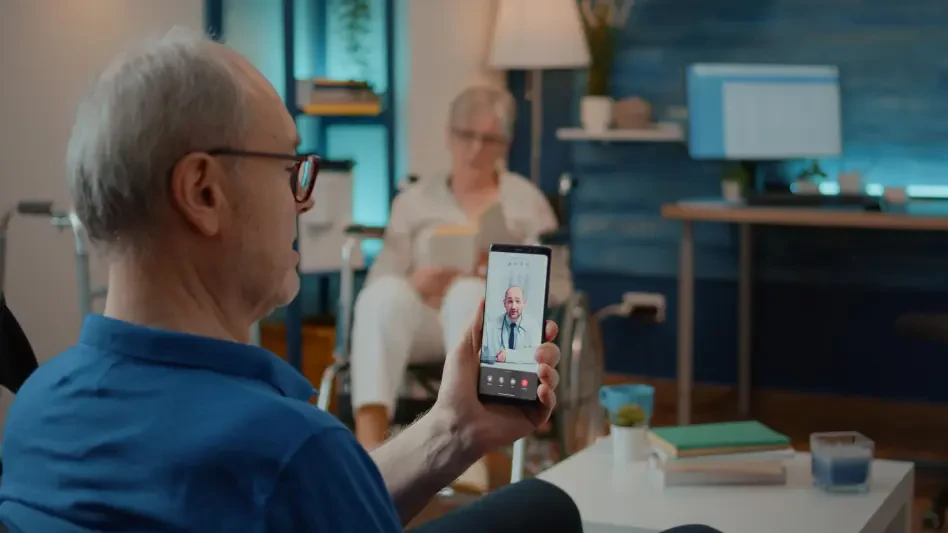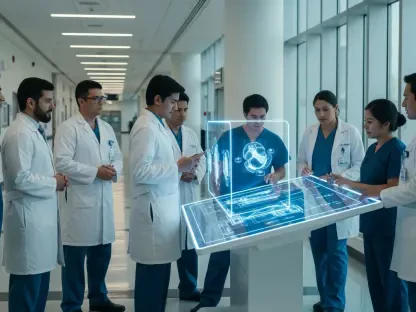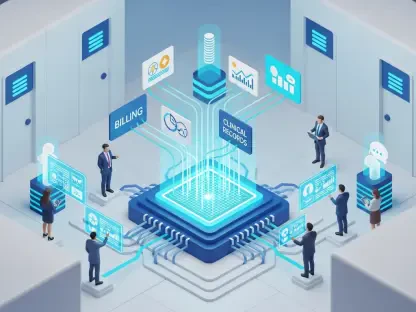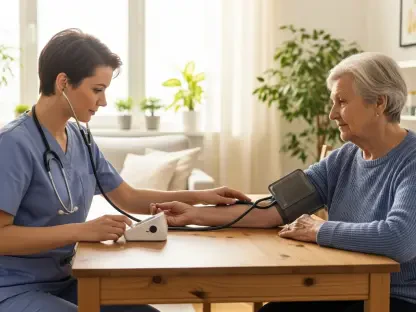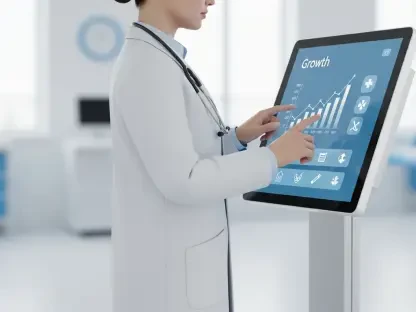I’m thrilled to sit down with Faisal Zain, a renowned healthcare expert specializing in medical technology. With years of experience in the innovation and manufacturing of diagnostic and treatment devices, Faisal has a unique perspective on how technology intersects with healthcare access, particularly for vulnerable populations. Today, we’re diving into the critical topic of how the recent government shutdown is impacting elderly Americans, with a focus on the disruption of telehealth services and its profound effects on dementia care. Our conversation explores the challenges seniors face, the importance of virtual care as a lifeline, and the urgent need for policy changes to support both patients and caregivers.
Can you explain how the government shutdown is creating barriers to healthcare access for elderly Americans?
Absolutely. The shutdown has caused a suspension of non-essential federal operations, which includes key healthcare services under Medicare and Medicaid. This affects over 70 million Americans who rely on these programs. Specifically, the expiration of telehealth flexibilities that were introduced during the COVID-19 pandemic has left a massive gap in care. Seniors, who often depend on virtual appointments for routine checkups and chronic disease management, are now struggling to find affordable and accessible alternatives, especially when in-person visits aren’t feasible.
Why do you think older Americans are disproportionately affected by the loss of telehealth services during this shutdown?
Older Americans are hit hardest because many of them have mobility issues, lack reliable transportation, or live in rural areas far from medical facilities. Telehealth has been a game-changer for them, allowing access to doctors without the physical and emotional strain of travel. When these services are cut, seniors with chronic conditions like diabetes or heart disease—and especially those with dementia—face delays in care that can lead to worsening health outcomes. The shutdown essentially cuts off a critical lifeline for a population that’s already vulnerable.
Can you elaborate on how telehealth serves as a lifeline for seniors, particularly in preventing health emergencies?
Certainly. Telehealth enables seniors to have regular check-ins with healthcare providers who can monitor vital signs, ensure medications are taken correctly, and track daily activities. For instance, virtual visits can help spot early signs of issues like malnutrition or balance problems, which are common precursors to falls or hospitalizations. By addressing these concerns remotely, telehealth often prevents small issues from escalating into emergencies, keeping seniors safer and more independent at home.
Focusing on dementia care, why is telehealth so vital for patients with Alzheimer’s and related conditions?
For patients with Alzheimer’s and related dementias, telehealth is crucial because it facilitates early diagnosis and consistent management. Clinicians can conduct remote cognitive assessments, monitor how the disease is progressing, and adjust treatments without the patient needing to navigate the stress of travel, which can be particularly disorienting for someone with dementia. Losing access to these virtual tools means missed opportunities for intervention, which can accelerate decline—something that affects over 7 million Americans today and counting.
I understand you have a personal connection to dementia care through your grandmother’s experience. Can you share more about that journey?
Yes, it’s a deeply personal topic for me. Watching my grandmother struggle with dementia was heartbreaking for our family. Getting an initial diagnosis was a huge hurdle—there were so few specialists available, and coordinating in-person visits was a logistical nightmare. We often felt lost, trying to manage her symptoms without adequate guidance. I can’t help but think how telehealth could have changed our experience, offering quicker access to experts and ongoing support right from home. It would have eased so much stress and helped us feel more equipped to care for her.
How does the disruption of telehealth services during the shutdown impact caregivers of seniors with dementia?
Caregivers are under immense pressure, and telehealth disruptions make their role even harder. Normally, virtual platforms provide caregivers with training, emotional support, and direct guidance on managing a loved one’s condition. They also ensure the patient gets timely care, which reduces the caregiver’s burden of handling crises alone. Without telehealth, caregivers lose this vital support network, often leading to burnout. With one in three Americans touched by dementia—either as a patient or caregiver—we need to prioritize access to care to support these families.
You’ve urged policymakers to act swiftly to restore telehealth flexibilities. What specific actions do you hope to see from them?
I’m calling for immediate reinstatement of telehealth flexibilities under Medicare and Medicaid, ensuring that funding and coverage gaps are addressed. This isn’t just about restoring what was lost during the shutdown; it’s about recognizing dementia and chronic care as bipartisan priorities. I also hope to see long-term policies that support hybrid care models—blending virtual and in-home services—so that seniors don’t face a two-year wait to see a specialist. Quick action can prevent devastating consequences for millions of patients and their families.
Looking ahead, what is your forecast for the future of telehealth in dementia care if these challenges persist?
If these access issues aren’t resolved soon, I fear we’ll see a significant setback in dementia care. Without telehealth, early detection and intervention will suffer, leading to faster disease progression and more avoidable emergencies. The strain on caregivers will intensify, and health disparities—especially for rural and underserved seniors—will widen. On the flip side, if policymakers and healthcare innovators commit to accessible, scalable solutions, I believe telehealth can transform brain health, making care more equitable and sustainable for future generations. It’s a pivotal moment, and the direction we take now will shape outcomes for years to come.
